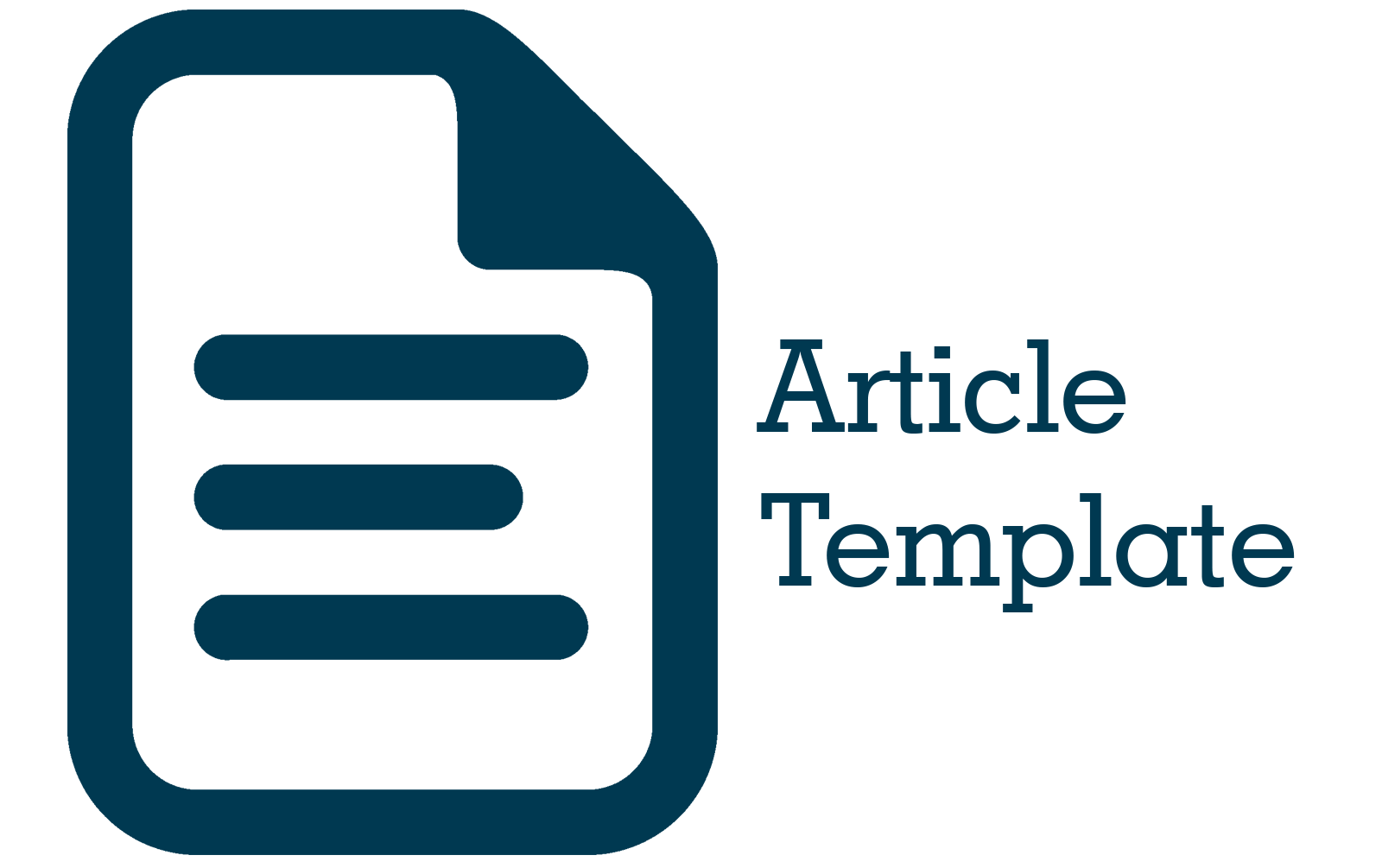Tinjauan Yuridis Influencer Dibawah Umur yang Tidak Membayar Pajak Berdasarkan Undang-Undang Nomor 36 Tahun 2008 Tentang Pajak Penghasilan
Abstract
The main source of the state comes from taxes, so the government imposes tax obligations as one of the state obligations for the benefit of the state. Tax is a payable and forced payment payable under tax regulations. Income tax is a tax imposed on taxpayers on income earned in a tax year and has the economic ability received from wherever it comes from to increase wealth. The development in social media is useful for earning income, so endorsement work has emerged, namely to promote products online carried out by underage influencers. So underage influencers earn income from endorsement services, according to tax regulations are obliged to pay tax to the state on the income earned. Based on the description above, the author formulates several problems as follows: First, what is the responsibility of underage influencers to the obligation to pay taxes? Second, what are the legal consequences for underage Influencers with taxable income. The scientific effort of the research method uses normative juridical research sourced primarily from statutory, secondary, tertiary and library materials as well as research specifications with a descriptive approach of analysts to obtain answers to the problems studied. Based on the results of the study, the responsibility of underage influencers for the obligation to pay taxes under the UU PPh is the income of immature children, regardless of the source of income and whatever their work will be combined with their parents' taxes in the same tax year. Legal consequences for underage Influencers with taxable income not paying taxes tax legislation will be subject to administrative sanctions increased by 50%. Under civil law, the sanction will be transferred to the parent because it is under his supervision. For dispute resolution to taxpayers due to a tax assessment letter that is subject to administrative sanctions in the form of an increase but the taxpayer does not agree, it can resolve tax dispute resolution by submitting an objection to the Directorate General of Taxes.
References
Agung Retno Rajmawati dan Joko Nur Sariono, “Upaya Hukum Wajib Pajak Atas Surat Ketetapan Pajak Kurang Bayar Yang Ditetapkan Oleh Fiskus Dalam Pemenuhan Hak Wajib Pajak”, Perspektif, Vol.XVI, No.4, September 2011.
Ahmad Fariez Danial, “Analisis Pemahaman Pajak Penghasilan Dan Sanksi Pajak Pada Wajib Pajak Orang Pribadi (WP-OP) Pegawai Ud Petis Udang Di Kampung Petis Desa Gumeng Bungah Gresik” Universitas Islam Negeri Sunan Ampel Surabaya.
Atep Adya Barata, Panduan Lengkap Pajak penghasilan, Visi Media, Jakarta, 2011.
Bustamar Ayza, Hukum Pajak Indonesia, Kencana, Jakarta, 2017.
Dintan Falya dan Rianda Dirkareshza, “Urgensi Peraturan Pajak Dalam Aktivitas Endorsement Yang Dilakukan Oleh Influencer Instagram”, Jurnal USM Law Review, Vol.4, No.2, 2021.
Fitriya, Pajak Influencer : Cara Menghitung, Bayar dan lapor Pajaknya,
https://klikpajak.id/blog/cara-menghitung-pajak-influencer/ (diakses tanggal 14 desember Pukul 14.02)
Hanggoro Pamungkas, “Penyelesaian Sengketa Pajak”, Binus Business Review, Vol.2, No.1, Mei 2011.
Khalimi dan Iqbal, Hukum Pajak Teori dan Praktik, Aura, Lampung, 2020.
Titik Triwulan dan Shinta, Perlindungan Hukum bagi Pasien, Prestasi Pustaka, Jakarta, 2010.











